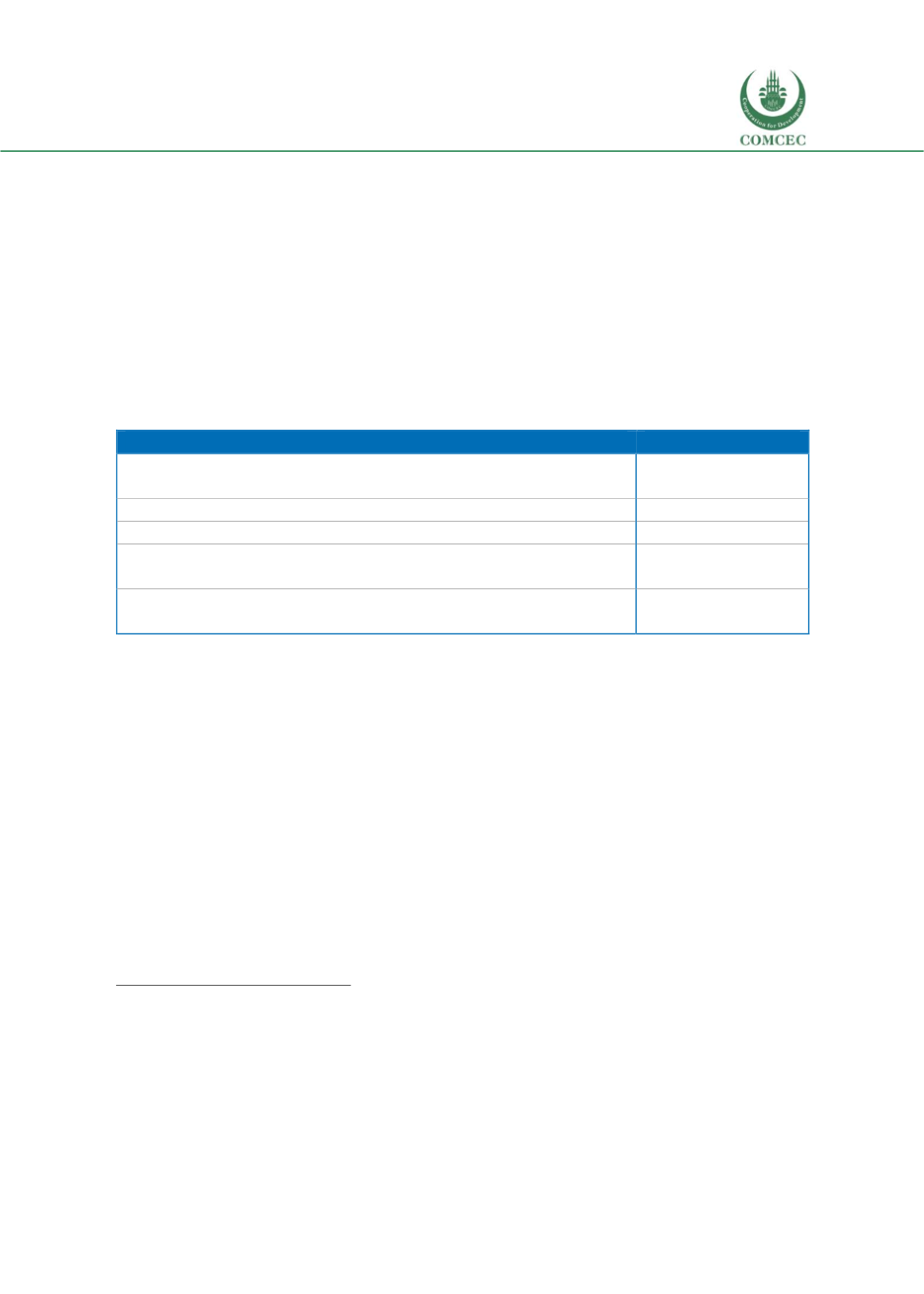

Improving Transport Project Appraisals
In the Islamic Countries
83
Beyond the 5-year Development Plan, transport mode-specific
masterplans
are in place in Iran,
prepared under the responsibility of the Ministry of Roads and Urban Development (MRUD) and
its affiliated organisations and companies, among which the Construction and Development of
Transport Infrastructure Company (CDTIC), the Railways of the Islamic Republic of Iran (RAI)
and the Ports and Maritime Organisation (PMO). For the preparation of mode-specific
masterplans, different scenarios are tested and an economic study is carried out by the MRUD
assessing the impact of the plan on the national GDP. Once a list of project ideas has been deemed
suitable for being included in the masterplans based on the preliminary economic study, further
analysis is required at project level.
Table 5.1: Most relevant organisations and companies affiliated to the Ministry of Roads and
Urban Development
Organisation/Company
Mode of transport
Ports and Maritime Organisation (PMO)
Maritime
transport
Railways of the Islamic Republic of Iran (RAI)
Rail transport
Roads Maintenance and Transport Organisation
Road transport
Construction and Development of Transport Infrastructures
Company (CDTIC)
Rail and road
transport
Civil Aviation Organisation; Airport and Air Navigation Corporate
Holding Company; Iran Air
Air transport
Source: CSIL.
In Iran, transportation investments can be of three types:
1)
Government-based projects
, either funded directly by the government annual budget or
based on sovereign guarantee
46
through Engineering, Procurement, Construction and
Financing schemes (EPCF)
47
;
2)
Public-private partnerships (PPPs)
48
, in the form of project finance called Build–Operate–
Transfer (BOT) or Build–Lease–Transfer (BLT). BOT scheme (see figure below) is the most
frequently used, representing 90% of all PPP arrangements;
3)
Lease contracts to industries
, i.e. totally private investments, for which the government can
provide concession of land.
46
With the Sixth Development Plan the Government has been authorised to issue guarantees for foreign investments in
projects in Iran’s private sector that meet certain requirements including economic justifications, technical feasibility,
and the approval of the High Economy Council. This is in line with the decree issued on February 2017 by Iran’s Council
of Ministers authorising the Minister of Economic Affairs and Finance to issue sovereign guarantees for certain eligible
projects.
47
Under these schemes, a private entity bids for the tender in order to design, finance and execute an infrastructural project
on behalf of government. Operation is not part of these schemes.
48
A contract between private entity and government to execute infrastructural projects like freeways, motorways, railways,
etc. Salient features of these models are that private entity will bear the entire cost of executing the project and they gain
the revenues from operating it.
















